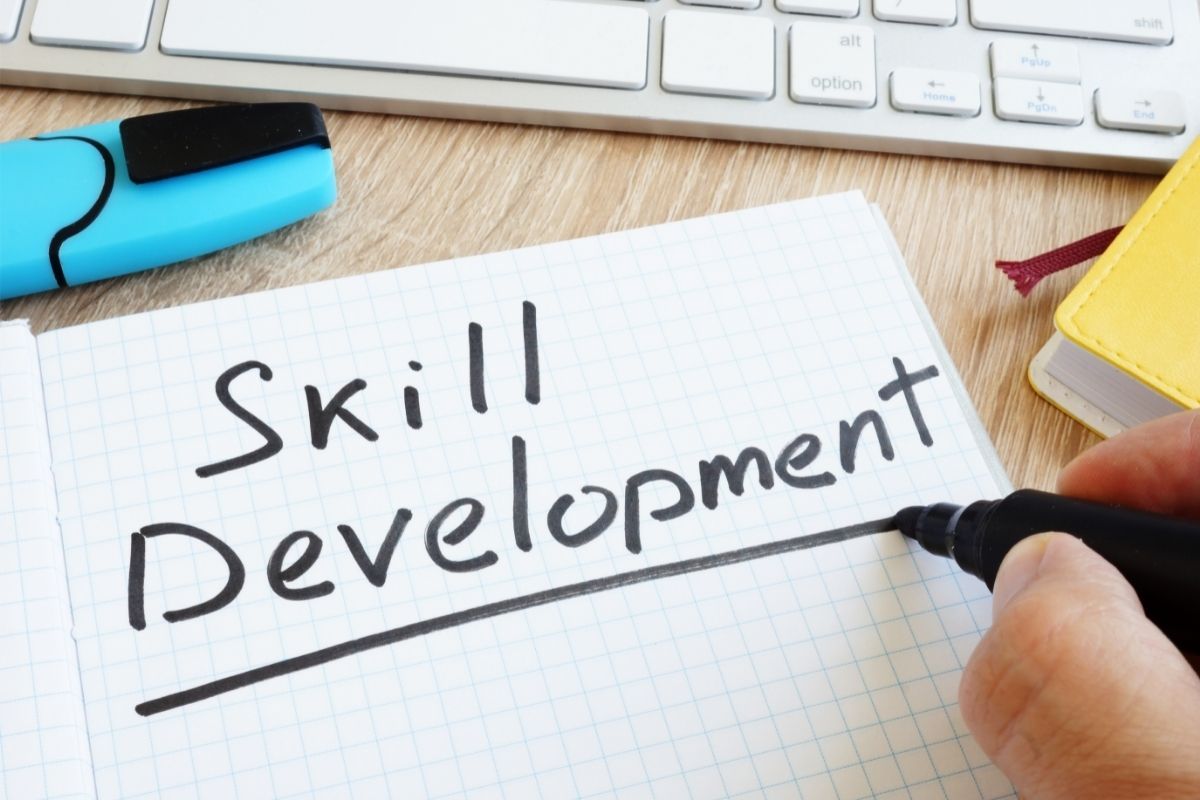3 Tips to Further Develop Soft Skills

In today’s competitive environment, it is imperative for employees to gain a competitive edge in order to achieve long-term growth and success.
If you have the right technical knowledge and skills with reasonable achievements, you may have a good chance of landing your dream job. However, you can further increase your chances of getting noticed by acquiring exceptional behavioral skills also called soft skills.
Employers now place a great emphasis on soft skills when hiring the right person for a job. These skills help individuals perform their job more responsibly and efficiently which ultimately reflects in the overall performance and growth of the organization. Here are three basic tips on how to further develop soft skills for your career success.
1: Develop Communication Skills
Communication skills include both writing and speaking skills. To speak well, practice conversational as well as public speaking. If you’re not comfortable speaking in public, start with a smaller group to gain confidence and learn basic speaking techniques. Moreover, you should make a habit of writing emails, letters, notes, and other documents to develop writing skills.
Lastly, you need to practice maintaining eye contact when speaking with someone. This shows focus and attention to the conversation. Also, notice your body language. Avoid repetitive actions such as tapping foot or fingers etc. Imitating the pose of the other person can also help to create a comfortable environment.
2: Develop Listening Skills
Listening requires self-discipline and concentration. Without effective listening skills, you also can’t communicate well with others or build relationships. If you want to be heard when you communicate, you must first learn how to effectively listen to others. Dedicate time to learn listening skills to understand the context of the conversation, process the information, and take the correct action.
When there’s a large amount of information being shared, take notes, especially during team meetings and training sessions. It’s best to paraphrase the information and ask questions for more clarity and to minimize the chances of errors. This will also show interest and focus which may facilitate the conversation process. Besides this, pay attention to other person’s attitude, voice tone, posture, facial expression, and eye contact.
3: Develop Networking Skills
Networking skills can help you develop better relationships with supervisors, business partners, and clients. This can help you succeed at your current job as well as expand your contacts for future work opportunities.
- Make a habit of greeting people when you get to work.
- Invite them for lunch or coffee to create personal connections.
- Actively participate in official events such as training days, and staff lunch.
- Attend networking events in your industry, alumni network, and interest groups, in your off-work hours.
Another important aspect to consider in network building is effective conflict management. Always use a non judgmental and assertive approach in discussions while trying to work together to find a relevant solution.

